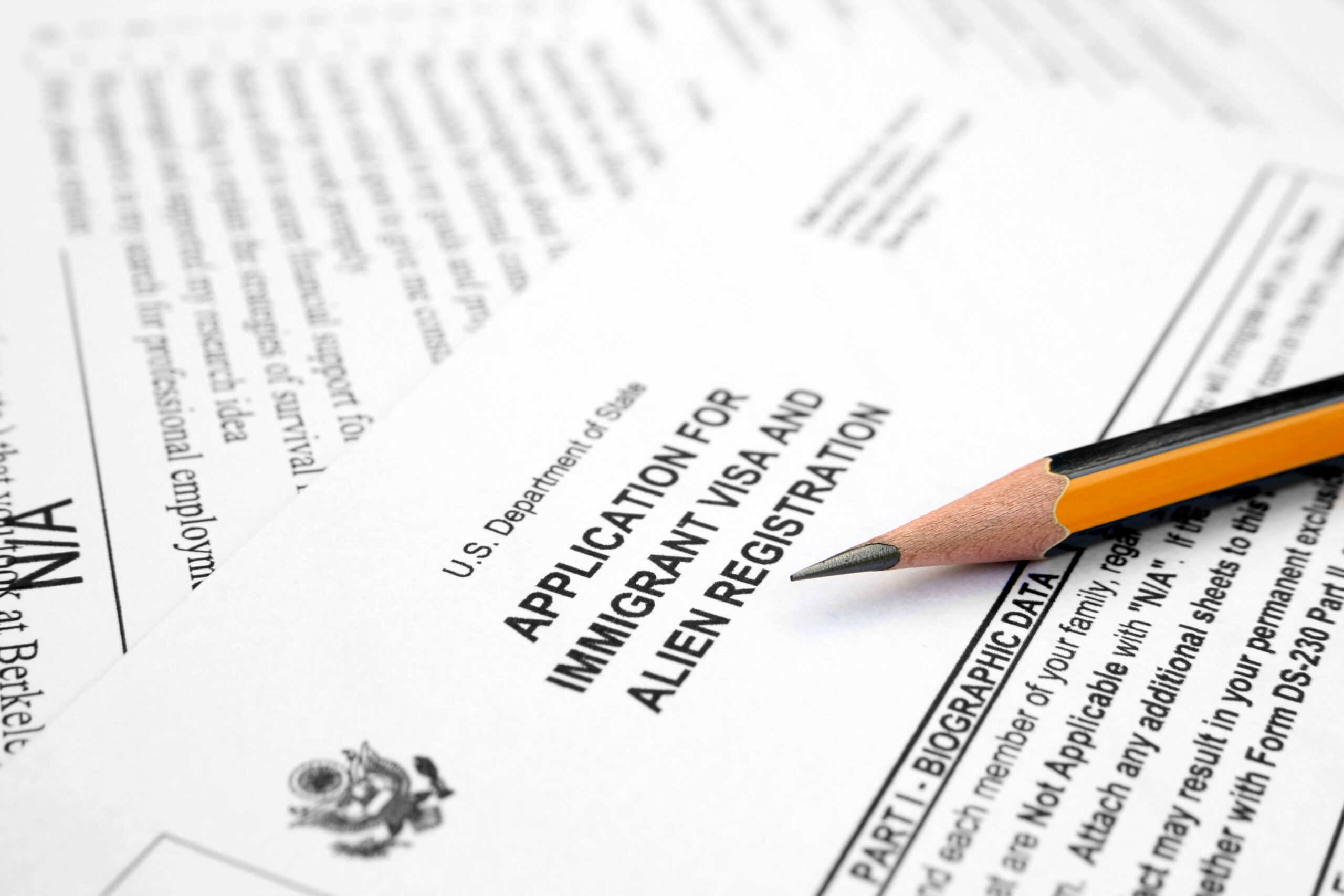On January 31, 2019, the Department of Homeland Security (DHS) published its H-1B registration rule in the Federal Register, formalizing changes to the H-1B selection process. The new regulation, which will take effect on April 1, 2019—the same day that the annual H-1B lottery opens—will make two changes to the H-1B lottery selection process.
The most significant change creates an electronic registration system for all H-1B lottery filings. DHS suspended this change for the upcoming April 2019 lottery but, once implemented, employers will be required to register all H-1B candidates for a spot in the selection lottery. An H-1B petition may be submitted only if the candidate’s registration is selected. DHS also modified its original proposal and will offer only a single 90-day filing period to submit an H-1B petition, as opposed to multiple, staggered 60-day filing periods as originally proposed.
The second change will be effective for the April 2019 lottery. This change will reverse the order in which U.S. Citizenship and Immigration Services (USCIS) selects H-1B petitions and places a greater emphasis on petitions filed on behalf of candidates with advanced degrees from U.S. universities. The current USCIS practice selects the U.S. master’s degree petitions in the first lottery. Under the new regulation, DHS will conduct a first lottery that includes all petitioners. Once DHS has selected enough petitions to fulfill the 65,000 H-1B quota, DHS will run a separate lottery for the 20,000 spots reserved for those who are eligible for the advanced-degree exemption. DHS anticipates that the change will result in the selection of 5,340 more petitions from H-1B candidates with a master’s or higher degree from a U.S. university.
While the potential long-term benefits of the new registration system are likely to be debated for some time, there has been at least one short-term benefit. DHS has finally provided clarification about the selection process USCIS will use during the April 2019 lottery. Immigration attorneys and employers had been in limbo since December 2018, wondering if DHS would try to implement the new registration system before the upcoming cap season and, if so, how they should prepare. Based on the final rule, employers will continue to prepare for the upcoming H-1B cap season under the same process used in previous years.
Ogletree Deakins’ Immigration Practice Group will continue to monitor developments with respect to the policy changes and will post updates on the Immigration blog as additional information becomes available.





